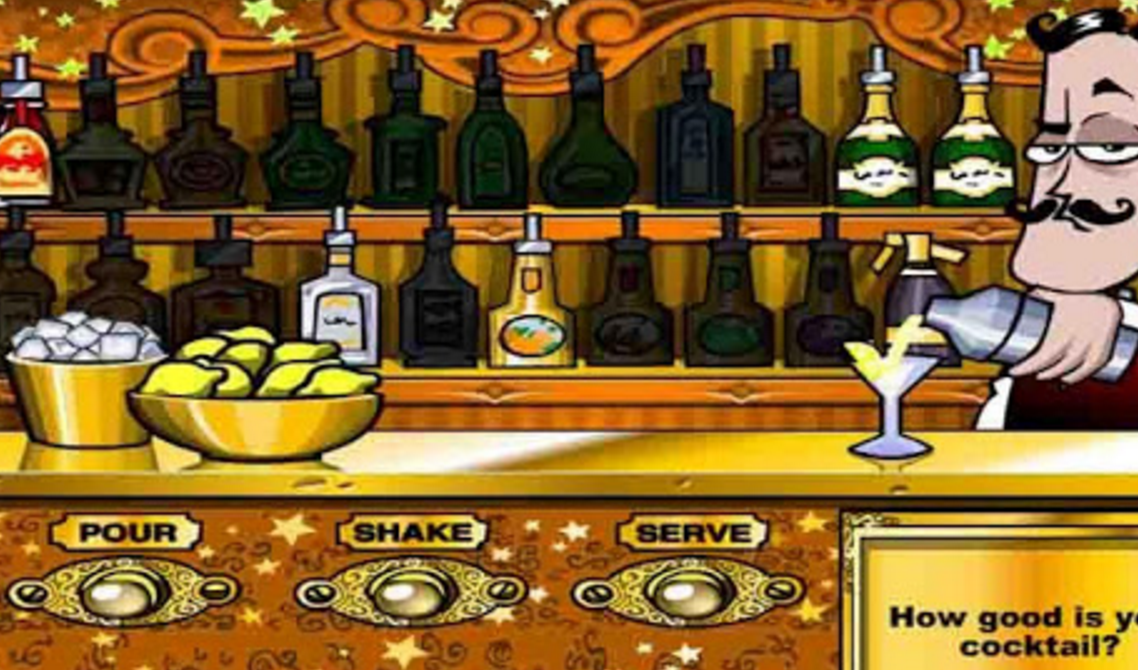

They make the majority of their income in tips from higher-class customers.īartenders in the United States may work in a large variety of bars. Craft bartenders typically operate in more upscale venues, such as hotel bars. "Craft" cocktails are curated drinks using high-quality ingredients, generally accompanied by a higher price as well. Īs a result of the professionalization of the trade, craft bartenders have begun to establish themselves as the elite class of the bartending profession. As of September 26, 2020, the federal minimum wage rate is $7.25/hour. The federal Fair Labor Standards Act (FLSA), and the laws of most states, allow employers a tip credit, which counts employees tips toward minimum wage. The hourly wage a bartender receives can vary depending on the state. The Bureau of Labor Statistics data on occupations in the United States, including that of bartender, publishes a detailed description of the bartender's typical duties and employment and earning statistics by those so employed, with 55% of a bartender's take-home pay coming in the form of tips. The appropriate way to tip a bartender in the UK is to say 'have one for yourself', encouraging the bartender to buy themselves a drink with one's money, where a bartender may instead opt to add a modest amount to a bill to take in cash at the end of their shift. Tipping bartenders in the United Kingdom is uncommon, not considered mandatory but is greatly appreciated by the bartender. Some pubs prefer experienced staff, although pub chains tend to accept inexperienced staff and provide training. Whereas a career bartender would know drink recipes, serving techniques, alcohol contents, correct gas mixes and licensing law and would often have cordial relations with regular customers, short-term staff may lack these skills. The high turnover of staff due to low wages and poor employee benefits results in a shortage of skilled bartenders. It therefore lacks traditional employment protections and so has a high turnover. In the United Kingdom, bar work is often not regarded as a long-term profession (unless the bartender is also the landlord), but more often as a second occupation, or transitional work for students to gain customer experience or to save money for university fees. And you have to be balanced physically, emotionally and mentally.” By country United Kingdom Kathy Sullivan, owner of Sidecar Bartending, expressed the difficulties with becoming a prolific bartender, comparing the bartender to the drink they make: “In drinks you want balance. Ĭocktail competitions such as World Class and Bacardi Legacy have recognized talented bartenders in the past decade and these bartenders, and others, spread the love of cocktails and hospitality throughout the world. It includes specialized education - European Bartender School operates in 25 countries. This view of bartending as a career is changing around the world, however, and bartending has become a profession by choice rather than necessity. The reason for this is because bartenders in tipping countries such as Canada and the United States, can make significant money from their tips. The bartending profession was generally a second occupation, used as transitional work for students to gain customer experience or to save money for university fees. Bartending has often been associated with the struggles of marginalized groups in the workforce, such as African-American women. "Barmaids", as they were called, were usually the daughters of tradesmen or mechanics or, occasionally, young women from the "better-born" classes who had been "thrown upon their own resources" and needed an income.
BARTENDER 2 DOWNLOAD MANUAL
Harry Johnson wrote a bartending manual and established the first bar management consulting agency.Īt the turn of the 20th century, slightly less than half the bartenders in London were women, such as Ada Coleman. "Professor" Jerry Thomas established the image of the bartender as a creative professional. The pioneers of bartending as a serious profession appeared in the 19th century. It was perceived through the lens of ethical issues and various legal constraints related to the serving of alcohol. Historically, bartending was a profession with a low reputation. Ada Coleman bartending at the Savoy Hotel in London, circa 1920


 0 kommentar(er)
0 kommentar(er)
